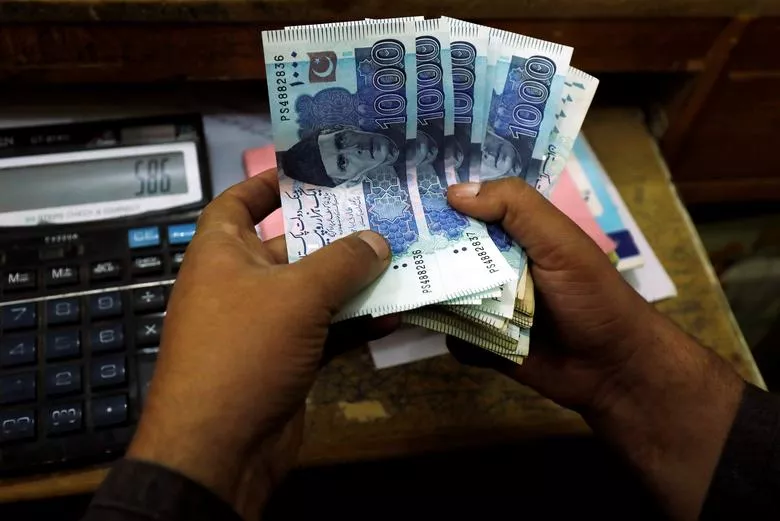Sindh University to pay employees through bank loan
Rs120 million will be paid to staff for leave encashment as varsity struggles with Rs550 million deficit
KARACHI: After lengthy negotiations, the management of Sindh University (SU), Jamshoro, on Wednesday finally decided to pay leave encashment to its employees despite undergoing the worst budget deficit in its history.Per sources, the non-availability of funds has compelled the university to acquire a bank loan so that employees can be paid as soon as possible. The management of the varsity has planned to pay off the loan as soon as students’ semester fees are collected. Meanwhile, the management is also waiting to receive a grant from the federal and provincial governments.
At present, the university has a budget deficit worth Rs550 million because of the non-collection of students’ fees alone. Moreover, funds worth Rs270 million have not been received from the Sindh government, which worsened the situation.
The varsity vice-chancellor (VC), Prof Fateh Burfat, has approached the Sindh government for help, while university sources say that the current month’s salaries of the employees are also being managed through a bank loan.
Details acquired by The Express Tribune revealed that SU Jamshoro has agreed to borrow Rs120 million from a bank and pay the amount to both teaching and non-teaching staff in the form of leave encashment.
University sources also disclosed that Rs50 million will be paid in the first installment, another Rs50 million in the second installment, while the remaining Rs20 million will be disbursed in the third installment. The non-teaching staff will be paid the leave encashment in the first two installments while teachers will be paid in the third installment.
The Express Tribune repeatedly tried to contact Prof Burfat for comment but he refused to speak to media. On the other hand, Sindh University Teachers’ Society president Dr Arfana Mallah confirmed the news and said that the VC has agreed in principle to give leave encashment to the teaching and non-teaching staff.
“The VC has, however, made it clear that the implementation of the decision is subject to the availability of funds,” Dr Mallah said. “The university’s financial situation has worsened but a grant worth Rs270 million has still not been received from the Sindh government, even though the Sindh chief minister has approved this grant.”
Responding to a question, Dr Mallah said that the issue of paying salaries through the acquisition of a bank loan is also true but she stressed that it is not the fault of the VC or the management because students had not paid their semester fees, predominantly because of the Covid-19 crisis.
Even though salaries are also being managed through a bank loan and paying leave encashment through the acquisition of further loans does not seem to be a viable solution, Dr Mallah said that at present, other institutions, including the railways, are also paying advance salaries for Eid together with yearly allowance and leave encashment.
“It is a standard practice in other governmental institutions, but the issue of encashment in universities has been unduly politicised,” she said.
Citing the example of the National Accountability Bureau (NAB), which also pays advance salaries to its employees, Dr Mallah said that as a grade-20 officer, she receives Rs200,000 in salary, while a NAB officer on an equal grade gets Rs700,000 per month.
“If the government raises the salaries of the teaching community to a reasonable extent, then we do not need any leave encashment,” she said. “The encashment we are taking is not extra money, it is our rightful share. But if we don’t demand it now, then we will have to wait until we retire to claim it.”
Published in The Express Tribune, May 22nd, 2020.


COMMENTS
Comments are moderated and generally will be posted if they are on-topic and not abusive.
For more information, please see our Comments FAQ